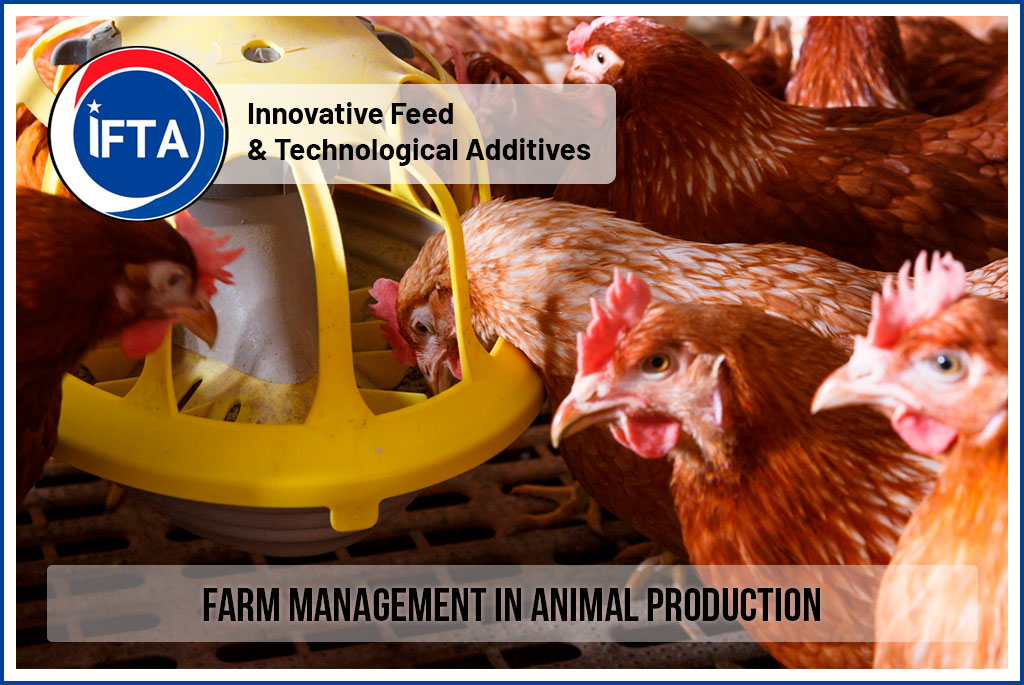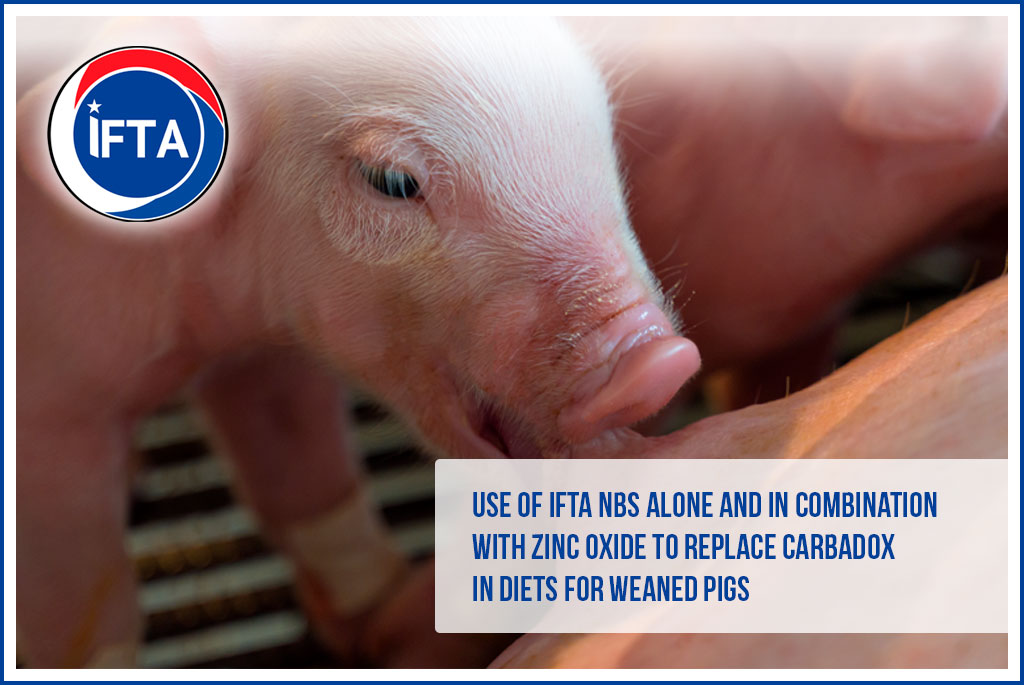
Proper management in animal production is a key factor in maximizing productivity and, consequently, economic benefits. This process involves collaboration between owners, workers, and veterinarians, who play a crucial role in advising on best practices and correcting deficiencies.
One of the fundamental pillars of farm management is training in Animal Welfare. An animal that is not in optimal conditions does not produce. Additionally, from a biosecurity perspective, humans are the primary vector for pathogens on the farm, highlighting the importance of following strict preventive measures.
Key factors for successful farm management:
- Cleaning and hygiene: Implementing disinfection, pest control, and insect control, ensuring a healthy environment.
- Environmental control: Regulating temperature and ventilation is essential for animal welfare.
- Proper reproductive management: Tailored to the species and the specific needs of each type of production.
- Health: Regular vaccinations, appropriate treatments, and responsible use of antibiotics are crucial for maintaining animal health.
- Legislative knowledge: It is essential to stay updated on current regulations affecting animal production.
Finally, nutrition plays an essential role. Productive animals have high nutritional demands, and any deficiency or poor formulation can have serious consequences for the operation. The diet must be formulated according to the animal’s productive state, incorporating pronutrients that enhance overall farm health.
An integrated approach that considers all these factors is key to achieving a profitable and sustainable farm over time.



